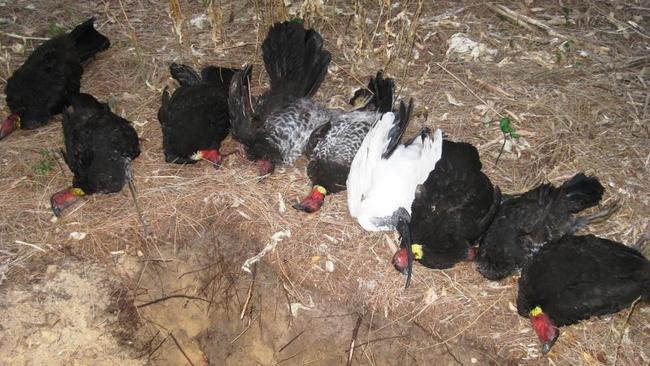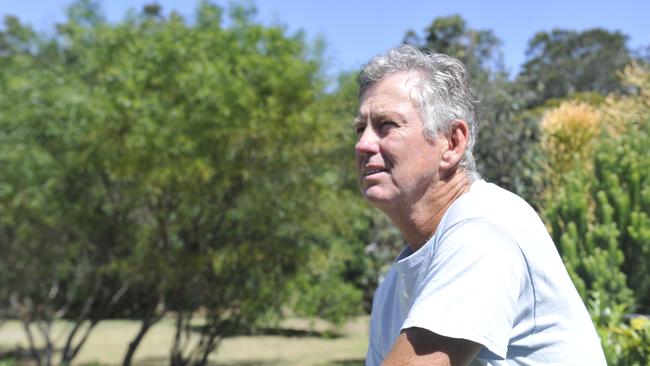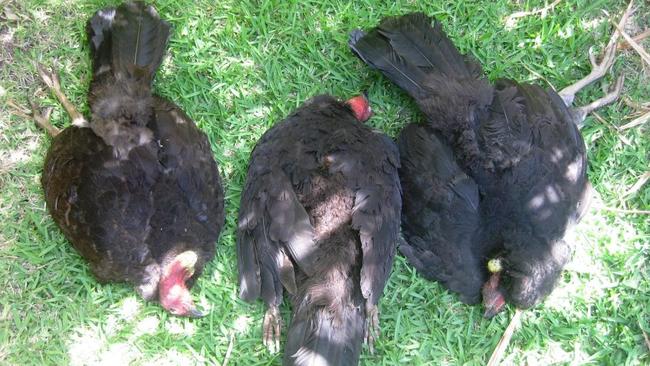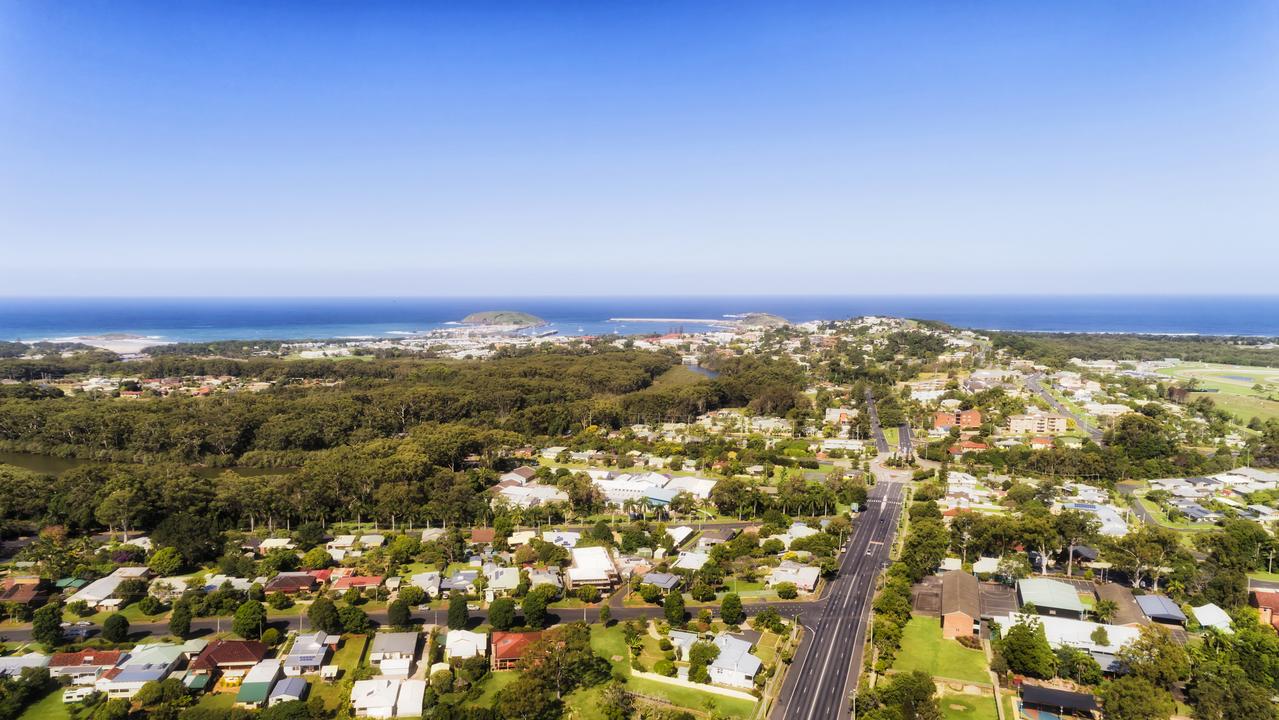Poisoning suspected in Sandy Beach after dead brush turkey and ibis find
When one dead bird turned into 15 in a matter of days, Coffs Coast residents began to suspect fowl play.

Coffs Harbour
Don't miss out on the headlines from Coffs Harbour. Followed categories will be added to My News.
The death of 15 native birds on the Northern Beaches is now being investigated as a possible poisoning.
Last week Sandy Beach resident Rick Darmanin became suspicious when the discovery of a dead wonga pigeon was closely followed by three dead brush turkeys in the Moonee Nature reserve.
With no apparent injuries, Mr Darmanin’s mind turned to the possibility they may have been deliberately poisoned.
Later that day those thoughts developed into outright anger as Mr Darmanin came across another eight dead brush turkeys and an ibis.
“To think that someone has a sick mind to kill or poison these birds … it’s just terrible,” he said.
“Everyone was so upset.”

The Environment Protection Authority confirmed it was investigating the deaths but a spokeswoman said at this stage their cause of death was “unclear”.
“Specimens have been collected and sent to a laboratory for analysis,” the spokeswoman said.
Mr Darmanin said the community had been outraged at the possibility the deaths were caused by a deliberate act.
He added while finding the culprit may be unlikely, he was motivated to take action in the hope it might deter someone from doing it again.
The Ironbark Ave resident even took the time to bury the dead birds and then exhumed them so they could be collected by the EPA for toxicology tests.
He said even though they could sometimes be “a pain in the arse”, the birds were warmly welcomed by residents who had come to consider them almost like pets.

Even Eileen, an ibis named on account of her permanently injured leg and a lopsided gait, was among the dead birds.
“Everyone knew Eileen, she has been here for years,” he said.
“They were characters, they would honk all afternoon … it was just really fun. Now they have all gone.”
In total 11 brush turkeys, four ibises and a wonga pigeon were found dead between October 7 and 10.
The EPA urged the community to report any instance of more than 5 dead animals of the same species immediately by calling its Environment Line on 131 555 or by emailing info@epa.nsw.gov.au.
“If you suspect a native animal has been poisoned, please do not touch it due to the risk of harm from exposure, and contact the EPA immediately,” the spokesperson said.




